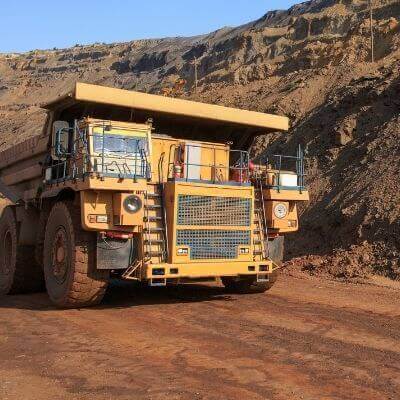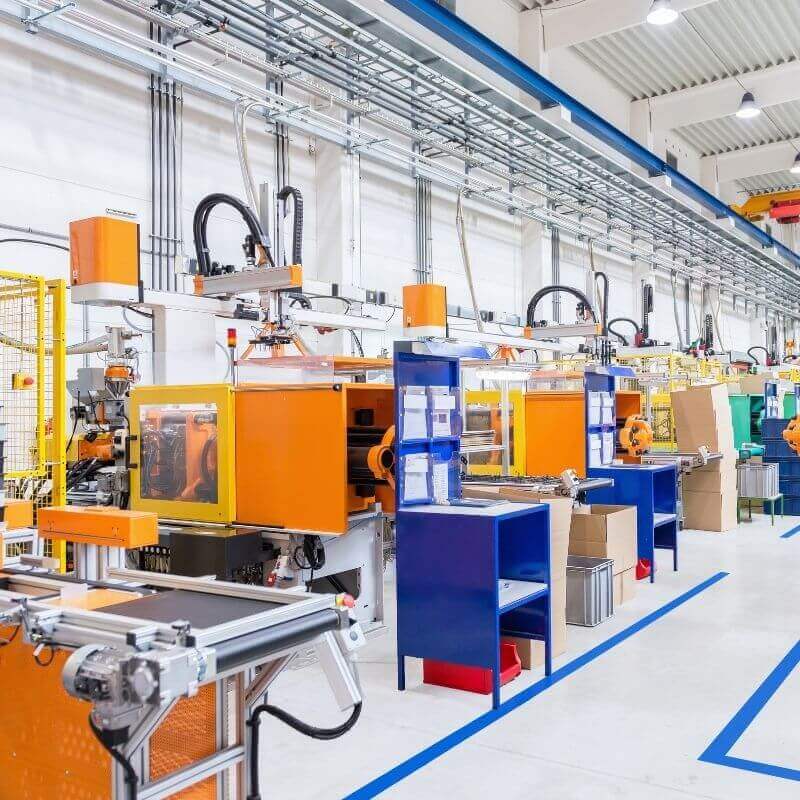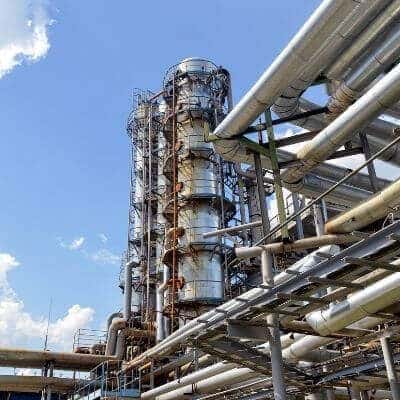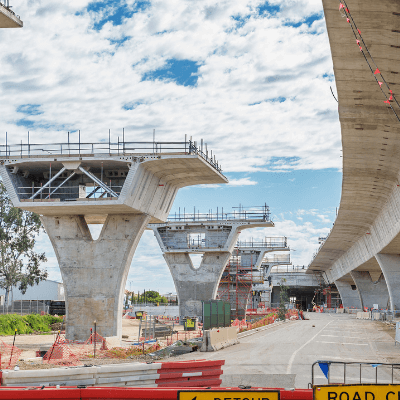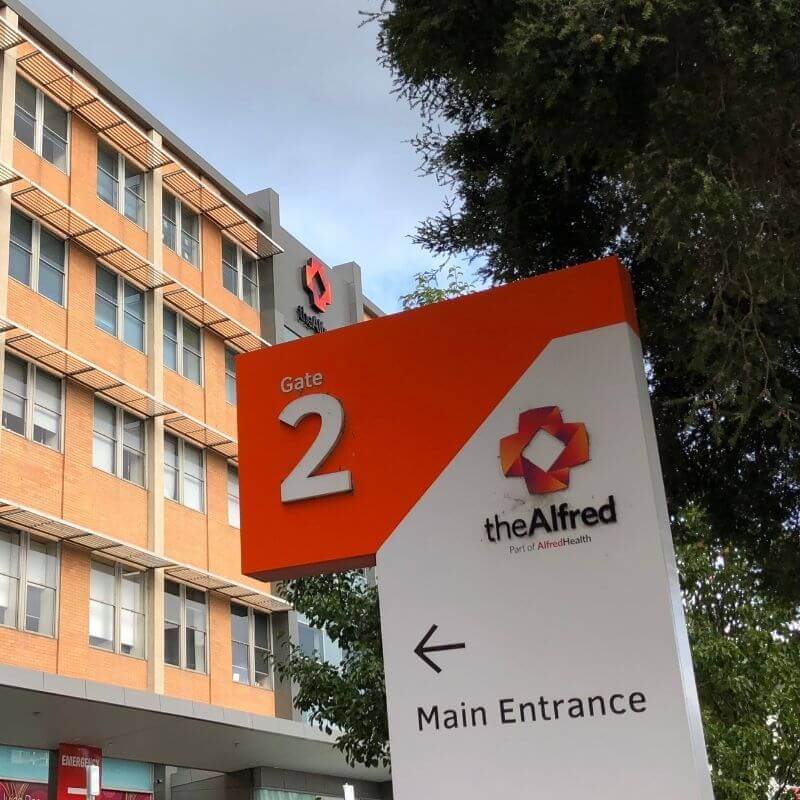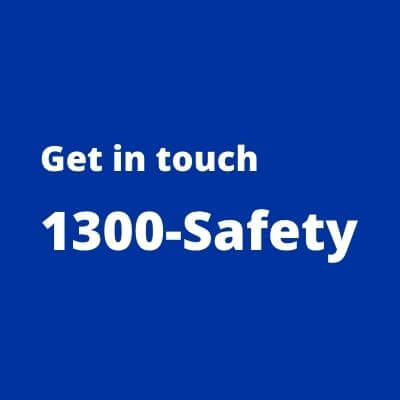Home » Occupational Hygiene » Ventilation System Assessment
Ventilation System Assessment
Ventilation systems play a critical role in protecting workers from hazardous substances. HSE Australia conducts ventilation assessments to ensure your workplace has an adequate ventilation system installed.
Local exhaust ventilation systems (LEVS) are an essential control for many work processes. They are one of the most effective ways to extract harmful substances and ventilate workplaces by capturing contaminants at, or near, the generation source and preventing them from contaminating the wider work environment.
Please contact us to arrange a ventilation system assessment for your workshop, factory or laboratory.
Our services include:
HSE Australia conducts Local Exhaust Ventilation Systems (LEVS) Assessment at your workplace.
A specialist will assess your workplace set-up and processes, and then audit e.g. type of LEVS, airflow, effectivness of the LEVS etc.
HSE Australia conducts thorough risk assessments to determine how the ventilation system is performing
Request a Quote
Please provide us with some details.

Local Exhaust Ventilation Inspection (LEVS)
Local exhaust ventilation systems (LEVS) are an essential control for many work processes. They are one of the most effective ways to extract harmful substances and ventilate workplaces by capturing contaminants at, or near, the generation source and preventing them from contaminating the wider work environment.
A ventilation system assessment is vital in any workplace where employees are exposed to fumes, chemicals or harmful substances. Incorrectly operating ventilation systems in the workplace can result in contaminant build-up or reduced airflow, resulting in asphyxiation in confined or enclosed areas.
Examples of hazardous substances that pose a risk to workers include, but are not limited to:
- Noxious vapours emitted from solvents
- Diesel exhaust fumes
- Carbon monoxide build-up from forklift and vehicle operation in enclosed areas
- Airborne respirable particulates resulting from wood, stone, or metal work
- Compressed and liquified gases used in poorly ventilated areas resulting in low oxygen levels
- Vapours and fumes in hazardous chemical storage and handling areas
Ventilation systems should be regularly maintained to ensure correct operation. Maintenance includes a regular ventilation assessment to identify mechanical or operational risks that prevent the system from effectively removing air contaminants.
Ventilation system assessments ensure your workplace ventilation is adequate and helps to protect workers from exposure to harmful substances.
HSE Australia’s specialist Occupational Hygienists conduct local exhaust ventilation assessments to determine if:
- the installed system and ventilation method are correct for the working area
- the ventilation system is working efficiently.
An exhaust van inspection should include an evaluation of the ventilation system (LEVS) and the workplace processes and operating procedures. HSE Australia’s highly trained and qualified Occupational Hygienists conduct thorough risk assessments to determine how the ventilation set-up is performing.
Ventilation System Assessment
HSE Australia offers a wide range of Occupational Hygiene and Risk Management Services in the area of indoor air monitoring, air sampling and sample analysis. Please contact us for an individual quote.
Request a call back
Solving problems others find difficult...for clients in

Frequently asked Questions
Health Safety Environment Australia
What is a Ventilation System Assessment?
Ventilation is the process of moving air into and out of a space in order to control temperature, humidity, and other conditions. A Local Ventilation Inpection is a way to determine if a ventilation system is effective and efficient. LEV (Local Exhaust Ventilation) systems are used to capture and remove harmful airborne contaminants from the workplace. The information gathered during a LEV assessment can be used to make improvements to the ventilation system, ensuring that it is working properly and providing adequate protection for workers.
What’s involved in a ventilation assessment?
A HSE Australia occupational hygienist will come to your factory, workshop or laboratory to assess the design and installation of your ventilation system. The assessment will include an in-depth review and evaluation to:
- determine if the appropriate ventilation system is installed and provides adequate ventilation
- inspect for any wear and tear or leakages
- conduct air flow checks
- analyse the presence of atmospheric contaminants
- ensure correct control measures are in place in case of disruption to the ventilation system operation (e.g., power failure)
Our occupational hygienist will provide a comprehensive report detailing recommended maintenance or required actions on completion of the assessment.
Does the LEVS assessment include a mechanical audit?
No, our specialist assess the workplace, map airflow, test efficiency of LEVS or draw air samples to determin contamination levels. For a mechanical audit, please contact your maintenance partner.
One Source Many Solutions
Over the past 15 years we developed the ability to quickly understand and respond to our clients’ needs. We are “solving problems others find difficult…”.
We offer our clients an enviable team of specialists working with associates and other external experts, driving and delivering fit for purpose, tailored single sourced solutions for you.



